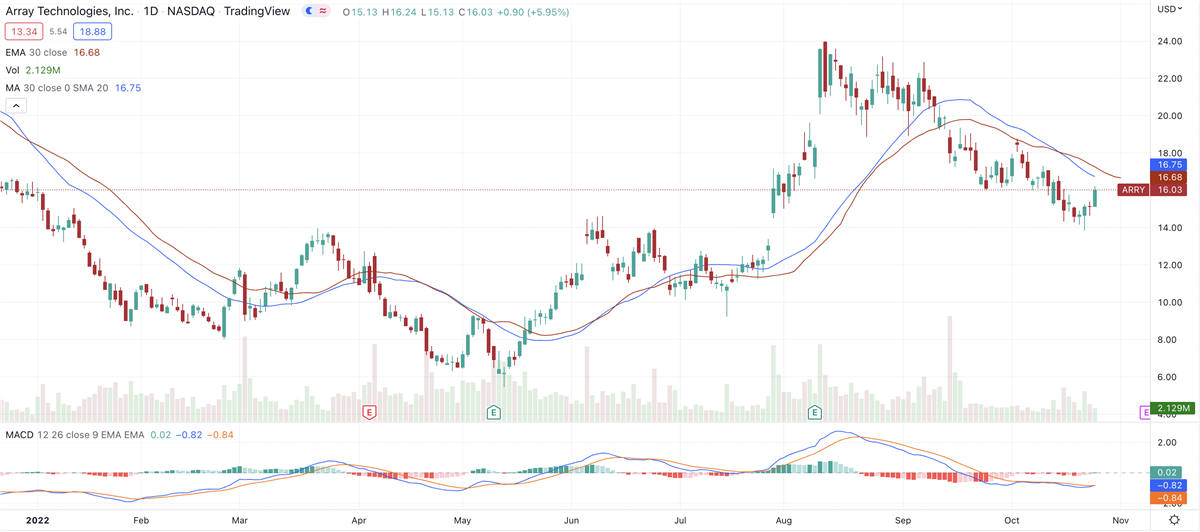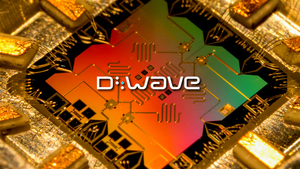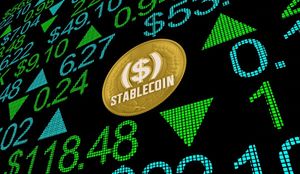Financial News
More News
View More
D-Wave: Time to Buy the Dip? Or is the Fall Just Starting? ↗
November 24, 2025
Hims, Block, and NRG Just Launched Huge Stock Buybacks ↗
November 24, 2025
Retail Earnings Roundup: Walmart Scores, Target Slumps in Q3 ↗
November 24, 2025
Why Circle Stock Is Falling—and Why Some Analysts See Big Upside ↗
November 24, 2025
Recent Quotes
View More
Stock Quote API & Stock News API supplied by www.cloudquote.io
Quotes delayed at least 20 minutes.
By accessing this page, you agree to the Privacy Policy and Terms Of Service.
Quotes delayed at least 20 minutes.
By accessing this page, you agree to the Privacy Policy and Terms Of Service.
© 2025 FinancialContent. All rights reserved.




 Any time an industry is home to top-performing stocks, there’s always opportunity among companies that operate in industries related to the industry’s big names.
Any time an industry is home to top-performing stocks, there’s always opportunity among companies that operate in industries related to the industry’s big names. 




